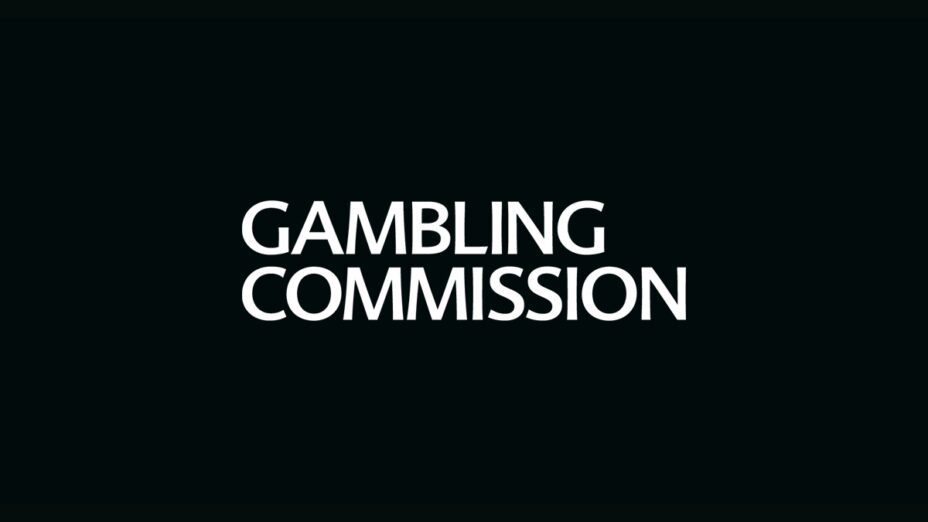Britain’s Gambling Commission has launched an Illegal Gambling Hub to bring together research, enforcement updates and advice on how to identify illegal gambling websites.
The launch of the new hub coincides with the first report that examines the illegal online gambling market in the United Kingdom.
The report focuses on consumer behaviours and motivations and has identified four key profile groups that interact with black market operators: self-excluders, skilled advocates, social explorers, and accidental tourists.
A self-excluder is someone who is currently using a self-exclusion tool but is still attempting to access gambling services, while a skilled advocate is someone who knowingly searches for illegal sites to acquire new skills or use digital currencies.
Social explorers discover illegal offerings via social media or forums, and the final group, accidental tourists, do not realise they are playing on an illegal site.
The report states that these audiences have varying levels of engagement with illegal sites and different motivations and entry points for using them.
Among the reasons players are choosing unregulated sites are better promotions, avoiding stake limits, no KYC checks, as well as alternative payment methods and the ability to play games that are otherwise unavailable in the UK.
Over the coming months, the regulator will publish the next three sections of its report, which will examine engagement data and trends, enforcement and disruption activity, and the challenges of estimating the size of the black market in the UK.
“The illegal online market is unsafe, unfair and criminal – that is why the Commission has invested heavily in this area in recent years,” said Gambling Commission CEO Andrew Rhodes.
“To be even more effective in combatting the illegal market, it’s vital that we have both a deep and broad understanding of how it operates, and this insight is a crucial step in building that understanding in a very complex area to research.
“We are determined to protect consumers and maintain confidence in the regulated sector by taking robust, evidence-led action. Since April 2024 we’ve seen a ten-fold increase in our disruption activity, and we intend to continue to work with a wide range of partners to build on this success.”
